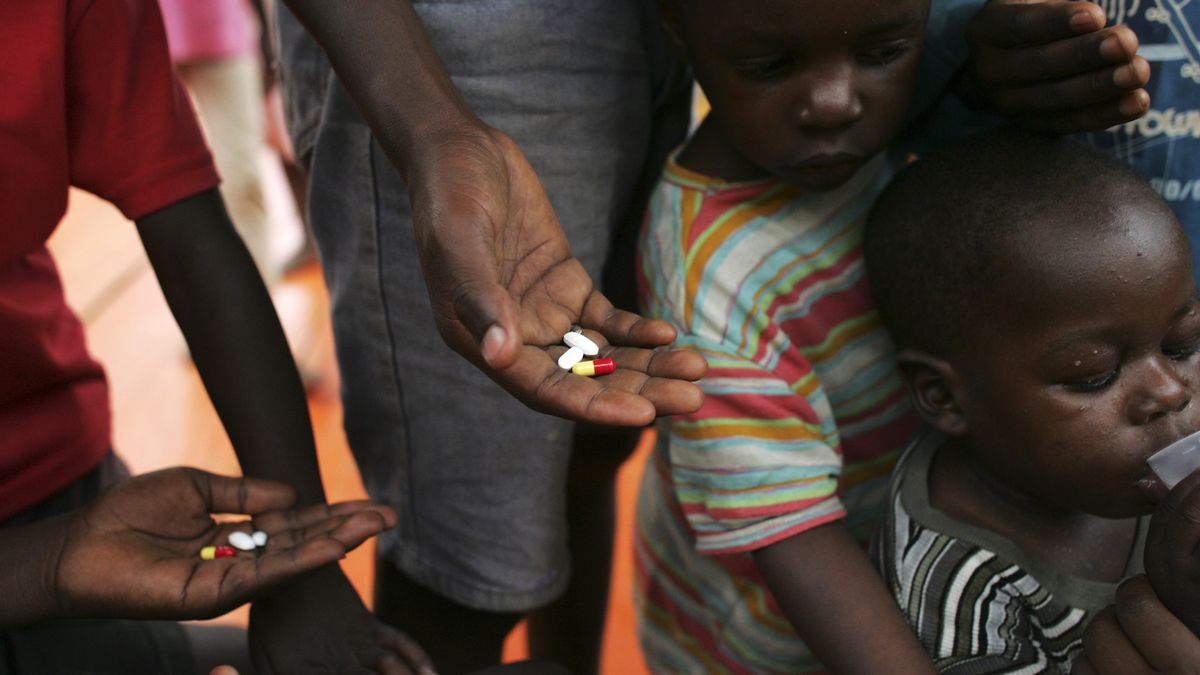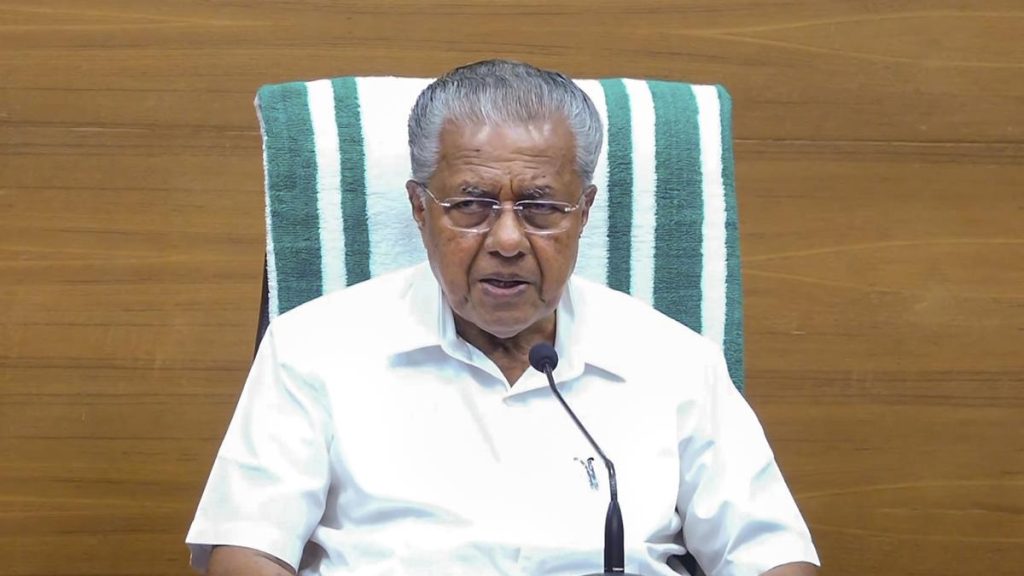Now Reading: HIV Funding Cuts Could Lead to 3 Million Extra Deaths by 2030: Study
-
01
HIV Funding Cuts Could Lead to 3 Million Extra Deaths by 2030: Study
HIV Funding Cuts Could Lead to 3 Million Extra Deaths by 2030: Study

Quick Summary
- future cuts to international HIV funding may result in up to 10.8 million additional cases of HIV and 2.9 million more deaths globally by 2030, according to a study published in The Lancet HIV.
- Significant donors, including the U.S., U.K., France, germany, and the Netherlands have announced substantial reductions in foreign aid for HIV programs.
- These programs are vital for low- and middle-income countries (LMICs), which rely on international funding for 40% of their budgets since 2015.
- The United States accounts for over 72% of international HIV funding via organizations such as PEPFAR (president’s Emergency Plan for AIDS Relief).
- Cuts could hit vulnerable populations hardest: sub-Saharan Africa is at significant risk due to it’s heavy reliance on PEPFAR funds.
- A worst-case scenario predicts a regression in progress made since 2000 – with infection rates returning to levels seen over a decade ago.
- Researchers called for urgent mitigation plans, stating that filling any gaps left by funding cuts would reduce harm but not entirely eliminate damaging impacts.
!Image illustrating marginalized people accessing critical medication
Caption: Major cuts threaten consistent access needed to suppress viral infections.
!Image showing pharmaceutical work on self-testing tools
Caption: Programs enabling accessible testing are at potential risk.
For further details, read here.
Indian Opinion Analysis
India has historically experienced higher incidences of health challenges like communicable diseases due to population density and socioeconomic disparities. While this particular crisis focuses primarily on LMICs worldwide-many from sub-Saharan Africa-a loss of momentum in global efforts against infectious diseases such as HIV could indirectly affect India’s domestic initiatives.
As a donor-country recipient under prior global partnerships like UN-run fund allocations or WHO collaborative efforts against malaria or TB-like epidemics earlier mirroring scaled “Global Treatment Megaproject,” maintaining wider systems holistically holds key boundary concerns shared; confronting leakage direct-enabled systems last percentage catch mechanisms alike surely remaining dependent likewise systemic solvency cross-nation economies await crucially forefront QAction

























